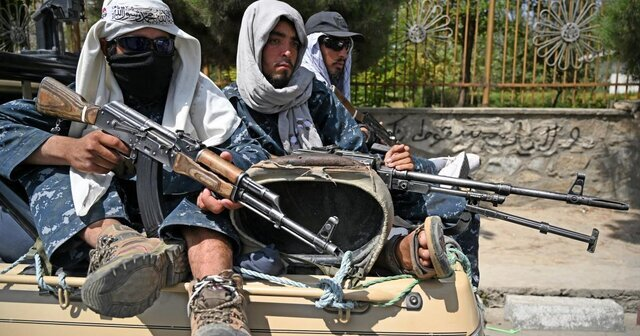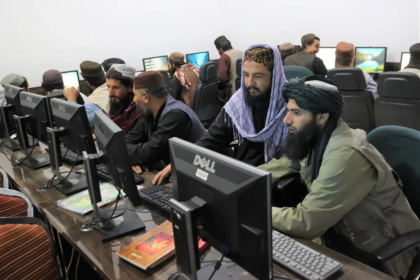RASC News Agency: On the fourth anniversary of the Taliban’s return to power, the Coordinating Council of Afghanistan’s Diplomatic and Consular Missions issued a searing statement condemning the regime as one of darkness, repression, and lawlessness. The Council declared that the current state of Afghanistan stands in direct violation of universal human rights and international law, calling the Taliban’s rule nothing less than a systematic assault on the country’s people and institutions. According to the Council, the Taliban have, over the past four years, committed widespread and systematic violations of the rights of women and girls, dismantled democratic institutions, and silenced the press through intimidation, censorship, and violence. Civil society activists and journalists once the heartbeat of Afghanistan’s fragile democratic experiment now face threats, harassment, and imprisonment for the mere act of speaking truth.
The statement cites recent reports from the United Nations confirming patterns of abuses: the arbitrary detention and torture of returnees from Iran and Pakistan, draconian restrictions on female staff in both public and private sectors, and the climate of fear sustained through gender-based persecution. The Council warned that these practices are not isolated incidents, but part of a calculated campaign of control by the Taliban a campaign that constitutes clear violations of the Geneva Conventions, the Convention on the Elimination of Discrimination Against Women (CEDAW), and other binding international treaties. Crucially, the Afghanistan’s Diplomatic Council urged the international community to resist any temptation to normalize or recognize the Taliban regime. It called instead for a political solution inclusive of all segments of Afghanistani society particularly women, civil society actors, and members of the Afghan diaspora. Recognition, the Council stressed, would not be diplomacy but complicity, legitimizing a reign of terror and gender apartheid.
The Council further demanded that Taliban leaders be held accountable through international mechanisms, including the International Criminal Court (ICC) and the International Court of Justice (ICJ), for crimes against humanity and systematic human rights violations. It appealed for humanitarian aid to be channeled exclusively through independent, non-partisan organizations, bypassing the Taliban to ensure relief reaches the Afghanistani people rather than fueling the regime’s machinery of repression. Equally, the Council urged host countries not to forcibly repatriate Afghanistani refugees, many of whom would face imprisonment, torture, or execution upon return. Those who resist inside the country, it argued, deserve tangible and material international support not just rhetorical solidarity.
In perhaps its most powerful assertion, the Council emphasized that the future of Afghanistan exists beyond the Taliban. It called upon the international community to act with urgency and unity, warning that continued silence or recognition of the Taliban would not only entrench a regime of oppression, but also embolden global extremism. Human rights experts echo this alarm, noting that four years of Taliban rule have already plunged Afghanistan into profound social, political, and economic crises. To recognize such a regime, they argue, would be to rubber-stamp gender apartheid, cultural annihilation, and a state-sponsored terror apparatus masquerading as governance.
The message from Afghanistan’s exiled diplomats is clear: the Taliban do not represent Afghanistan. They represent a machinery of repression. The world, therefore, must choose between complicity in that repression or solidarity with the Afghanistani people’s fight for freedom, dignity, and justice.






